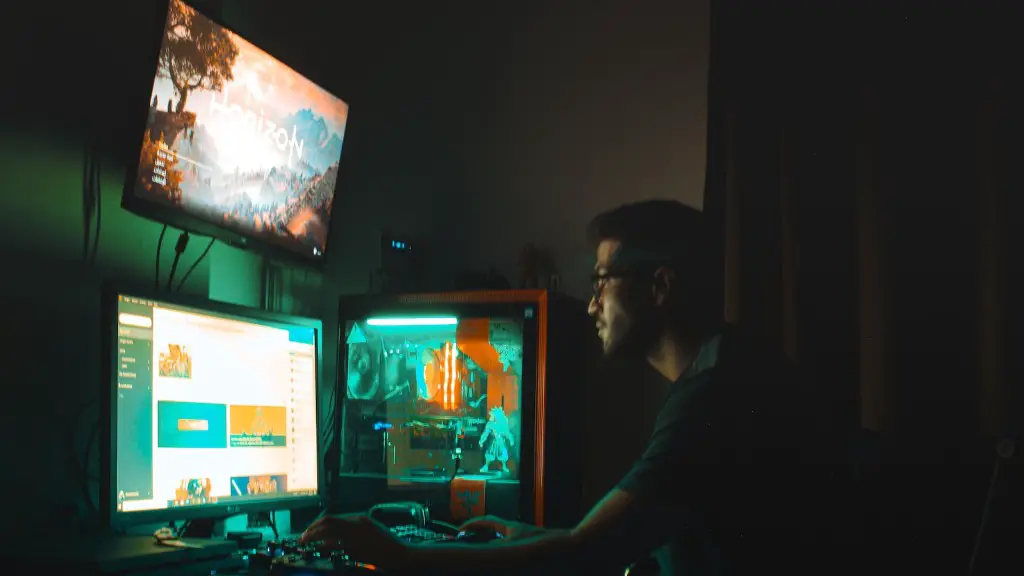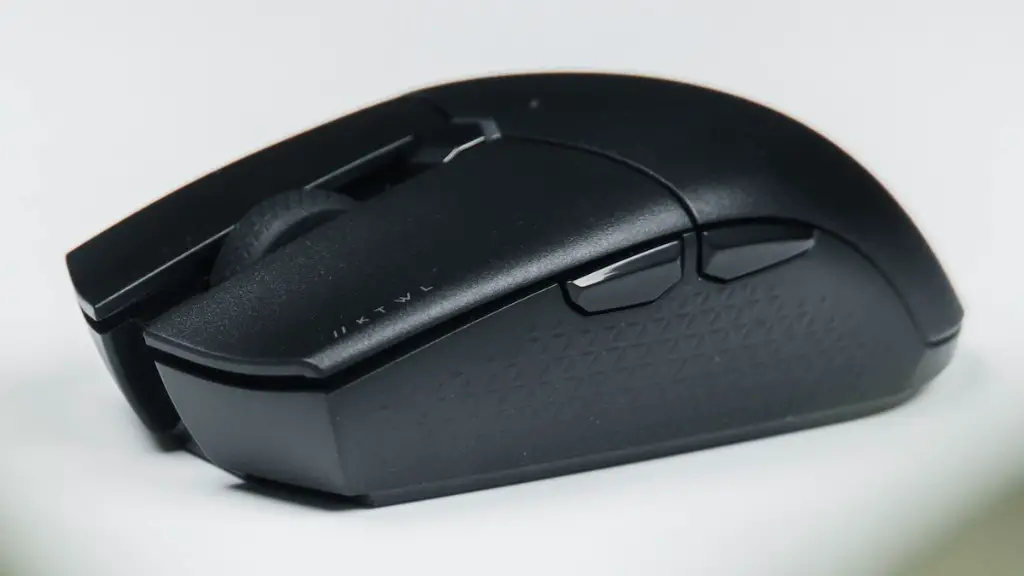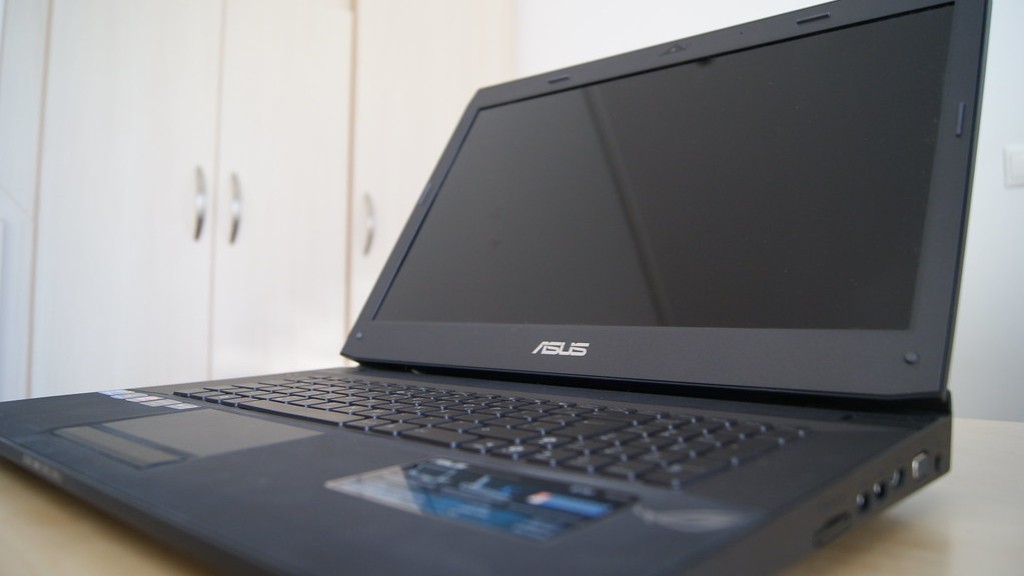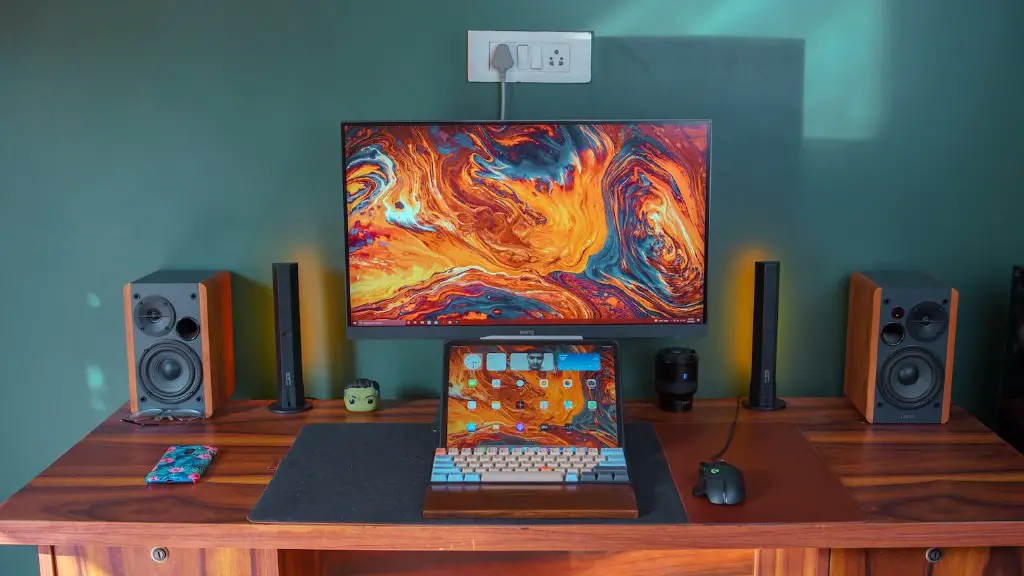It’s a common query among gaming enthusiasts: Should I shutdown my gaming PC every night? After all, having a computer on 24/7 can lead to excessive wear and tear on the system, resulting in higher energy bills and a reduces lifespan of the parts. However, there are several points to consider before choosing to shutdown your gaming PC for the night.
Let’s first look at the energy savings associated with shutting off the machine at night. Computers have efficient sleep modes where very little energy is used, but truly turning them off saves the most energy costs. A gaming enthusiast with a hefty electricity bill might find it worthwhile to turn their gaming PC off at night if they use it regularly during the day.
The next thing to consider is the amount of activity the gaming PC will face. An idle gaming PC is a prime candidate for shutdown, but one that regularly has programs running in the background during the night should remain active in order to avoid extra start-up times the next morning. Many gamers prefer to keep their PC on overnight to download games, backups and all manner of files, so shutting down their PC would delay their access to these new programs.
We should also think about the wear and tear of the parts and the lifetime of the components. A gaming PC is exposed to more physical and thermal stress than a regular computer, especially after a long session of gaming. An occasional shutdown and an occasional reboot can help minimize this stress and keep the parts running cooler for longer. It’s also worth noting that dust build-up can be minimized through a controlled shutdown and some maintenance.
Finally, there are multiple factors to consider when deciding to shutdown the PC every night. Overnight downloads and updates, energy costs and the wear and tear of parts should all be weighed before making a decision.
Energy Savings
When deciding to whether or not shut down a gaming PC every night, the energy savings associated with such an action should be taken into account. Gaming PCs can draw a lot of power, and keeping them on 24/7 adds a noticeable amount to your monthly energy bill. Turning them off at night can save on both energy costs and wear and tear on the parts.
The amount of energy consumed when a gaming PC is active varies from system to system. For example, some PCs have integrated graphic cards that consume far less energy than those with discrete graphics cards. If energy consumption is a factor, researching different gaming PCs can save on energy costs in the long run.
It’s also worth keeping in mind the cost of electricity. Differences in the cost of energy from region to region can substantially change how much money is saved by powering down the gaming PC. Areas with expensive electricity can benefit most from using a sleep mode while places with cheaper electricity will likely fare better with leaving their PC on.
Finally, gaming laptops should also be included in this conversation. These smaller devices can draw even more power than their desktop counterparts, meaning that the money saved by powering them down at night can be significant.
Activity Level
Another factor to consider when debating whether or not to shut down a gaming PC every night is the amount of activity the PC will face. If your gaming PC is constantly busy, leaving it on to finish tasks can be beneficial. This includes leaving the PC on to complete downloads, backups and other maintenance tasks.
On the other hand, if you find yourself not using the gaming PC for extended periods of time, such as at night, shutting down the machine can save on energy costs without impacting the performance of the PC during the day. It’s also worth noting that the start-up time of a PC that was shut down will likely be slower than one left in a sleep mode.
For multi-user PCs, however, the case for shutdown becomes complicated as different users have different needs. Programs in the background that overlap from user to user may benefit from having the PC remain active overnight, or conversely, leaving it in sleep or standby mode.
It’s also worth noting that the internet browser will most likely remember the active pages or videos that were running before the shutdown took effect. pausing or closing these tabs might save energy, but keep in mind that the PC will still have to use energy to reload these pages.
Lifespan of Parts
When debating whether or not to shut down one’s gaming PC every night, an important consideration is the wear and tear on the parts over time. The physical stress of a gaming PC can be immense, especially after a long gaming session. It’s worth mentioning that a controlled shutdown and an occasional reboot can help minimize the stress on the components and keep them running longer.
When it comes to dust build-up, a shutdown is perhaps the most beneficial. Dust can penetrate gaming PCs easily and the fans can get clogged quickly. Shutting down the PC and doing periodic maintenance, such as dusting the fans, is the best way to protect the gaming components from damage, or even a dreaded system meltdown.
It’s also recommended to replace the thermal grease between the heat sink and processor once a year. This process can be extremely frustrating as it involves disassembling the PC and taking precise measurements, making it a much easier task when the PC is turned off.
Finally, it’s important to remember that not all parts have the same lifespan. Some might need more maintenance or replacement than others. For example, the CPU typically has a power capacitance that changes over time, so it’s recommended to check this periodically and ensure that the capacitance is at the correct levels.
Conclusion:
It’s clear that there are several factors to consider before choosing to shutdown your gaming PC for the night. Energy costs, amount of activity, and the wear and tear of the components is all important when making the decision of whether or not to shut down the machine.
Ultimately, the decision to leave your gaming PC on for the night or turn it off should be based on your energy costs, the amount of activity the PC will face, and the wear and tear of the components. Each option has its own benefit and drawbacks, so it’s important to weigh all the issues before making a decision.



